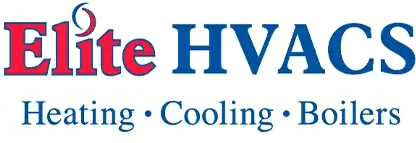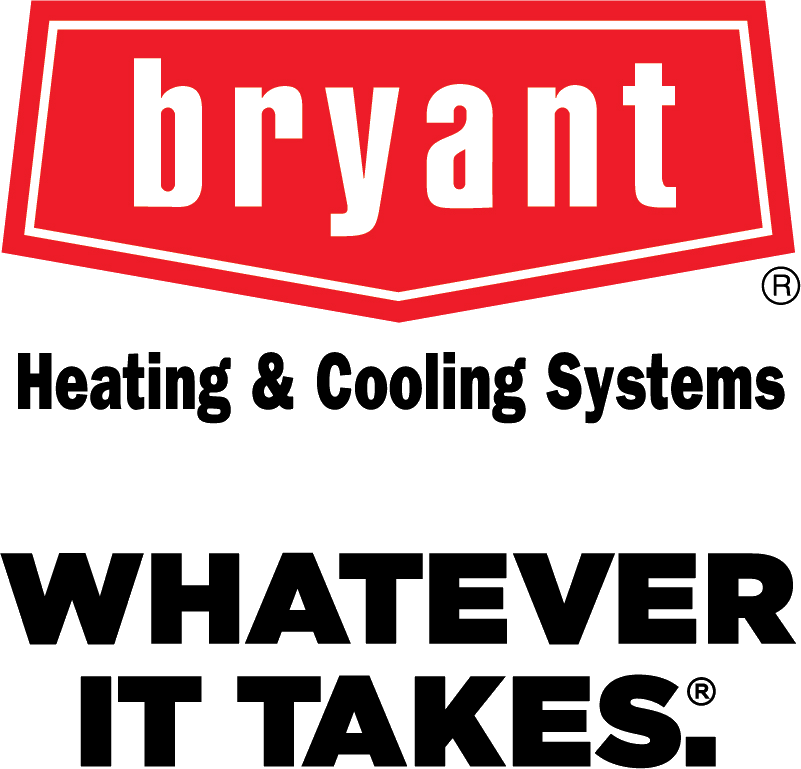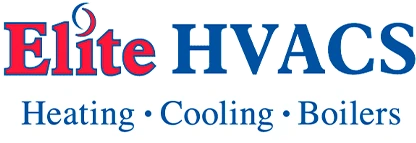Absolutely, a dirty AC filter can worsen allergies. When your air conditioner’s filters get clogged with dust, pollen, and pet dander, they can’t effectively trap these common allergens. This leads to poor indoor air quality, circulating allergens, and making allergy symptoms like runny nose and itchy eyes worse, especially during allergy seasons.

Common Home Allergy Symptoms
Home allergies show up as various symptoms, intensified by factors like poor air quality and high levels of indoor allergens:
-
Sneezing: Common when exposed to airborne allergens.
-
Coughing: Persistent, especially in rooms with dusty air.
-
Runny or Stuffy Nose: A clear sign of allergic reactions in areas with allergens.
-
Itchy Eyes: Reacting to particles like mold spores and dust mites.
-
Throat Irritation: Aggravated by poor air circulation and dry air.
-
Respiratory Discomfort: Struggles like wheezing, often in rooms with low air quality.
-
Understanding these signs is key for tackling allergies in your home.
Does Air Conditioning Help With Allergies?
Access to air conditioning is crucial for people with allergies. An air conditioning system moves and cleans the air in your home. This also means that an AC unit with a clean filter can cut down on allergens inside, making the air in your house feel much crisper and cleaner.
You should change the air filters regularly to stop allergies from coming back. While most home service companies recommend changing out your filters every 3 to 6 months, sometimes you might even need to change it more frequently than that depending on your living situation. Dogs, cats, and your cleaning habits all contribute to how quickly those filters will clog.
Air conditioning systems also help keep the air less humid, which is important for keeping mold and dust mites away. Allergy sufferers should also opt for HEPA filters, which are even better at catching small particles than your standard air filters.
There are also other ways to fight allergies at home and to delay changing out your dirty air filter as often:
-
Air Purifiers: These are good at catching allergens, especially the ones with HEPA filters.
-
Dehumidifiers: They help control humidity, which stops mold and dust mites from growing.
-
Cleaning: Regular vacuuming and dusting help keep allergies down.
-
Showering after you’ve been outside: This washes off pollen and stops you from bringing it inside.
-
Better airflow: Using fans or opening windows helps reduce the number of allergens in the air.
Implementing these strategies can be a game changer in reducing allergy triggers in your home.
Does Heat Make Allergies Worse?
Heat can exacerbate allergy symptoms significantly. During warmer periods, pollen counts tend to rise, directly impacting those with pollen allergies. Higher temperatures also increase humidity levels, creating ideal conditions for mold growth.
This combination of elevated pollen and mold spore levels in the air can lead to more severe allergic reactions. Furthermore, heat can intensify the potency of certain allergens, making them more likely to trigger symptoms such as sneezing, runny nose, and itchy eyes. Staying cool and maintaining low humidity indoors can be key in managing these increased allergy risks during warmer seasons.
Maintenance Plans with Elite HVAC
Keeping your HVAC system in top shape is crucial for managing allergies. At Elite HVAC, our team is committed to providing excellent maintenance, repairs, and installations that enhance your home’s air quality.
If you’re looking to create a comfortable and allergy-friendly environment in your home, then our HVAC service agreement plan might be right for you. Receive priority and headache-free HVAC maintenance that keeps your system in excellent shape. Contact us at 708-578-7823 to learn more now.











